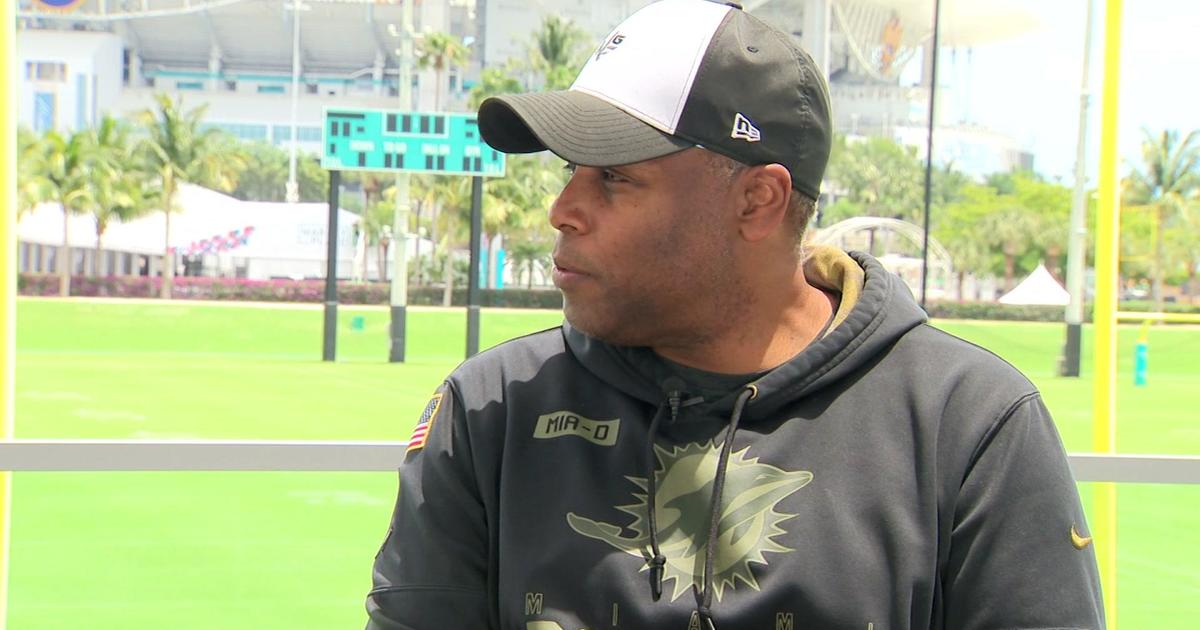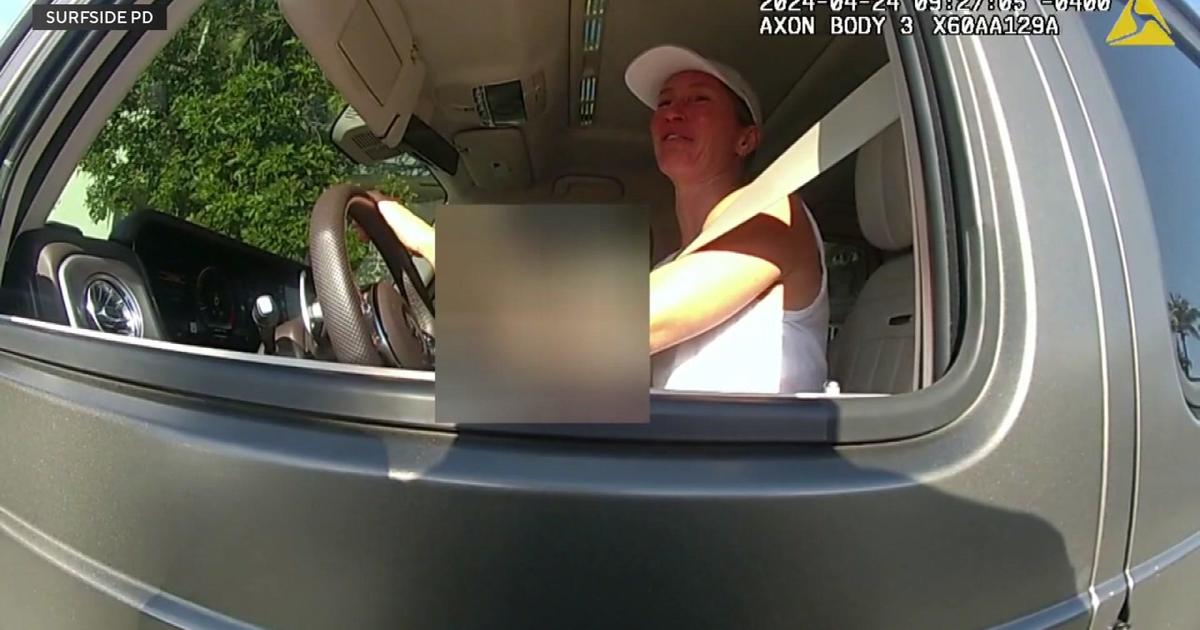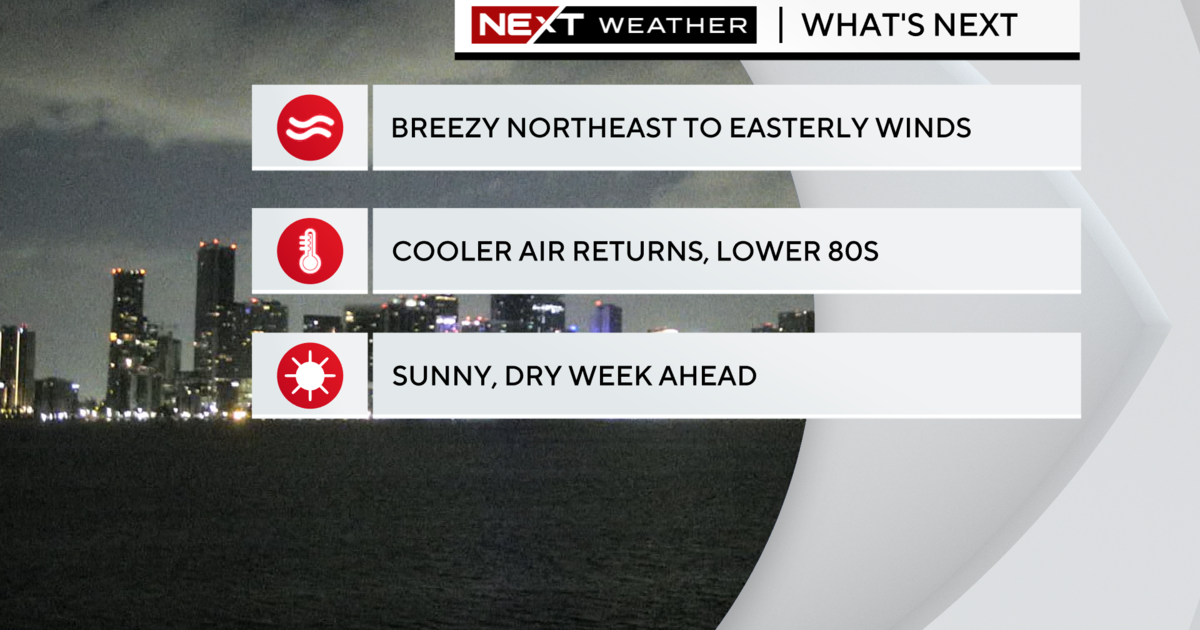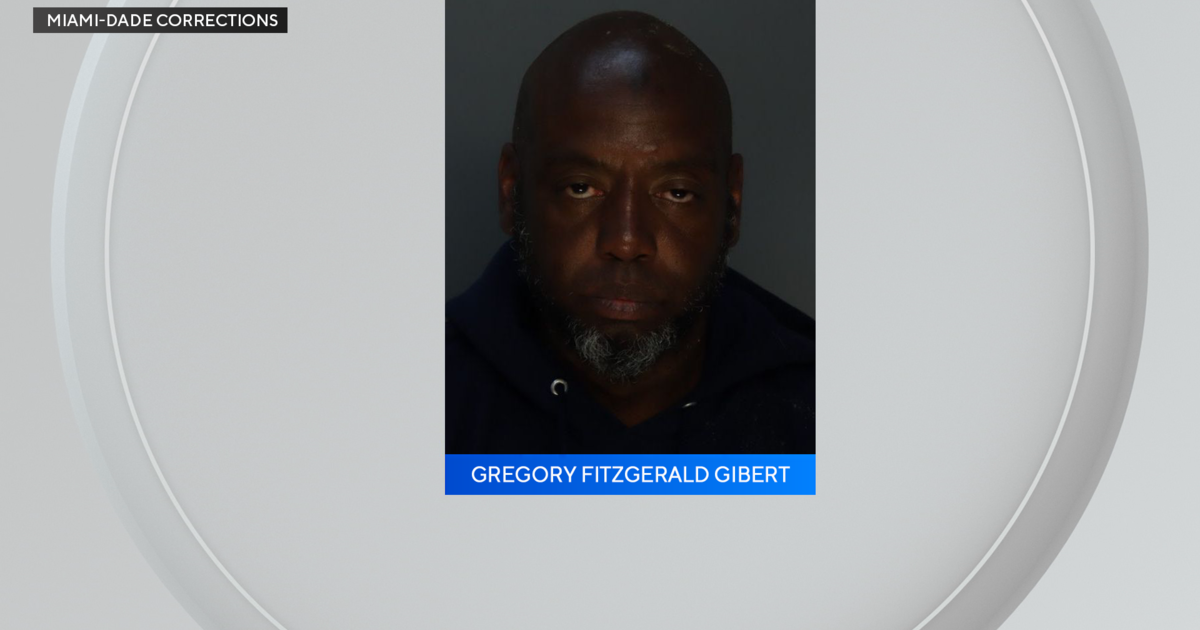Obama Administration Ends 'Wet Foot, Dry Foot' Policy
Follow CBSMIAMI.COM: Facebook | Twitter
WASHINGTON (CBSMiami/AP) -- The Obama Administration is ending the so-called "Wet Foot, Dry Foot" policy that granted residency to Cubans who arrived in the United States without visas.
White House officials announced the change - effective immediately - Thursday evening.
"Today, the United States is taking important steps forward to normalize relations with Cuba and to bring greater consistency to our immigration policy. The Department of Homeland Security is ending the so-called "wet-foot/dry foot" policy, which was put in place more than twenty years ago and was designed for a different era. Effective immediately, Cuban nationals who attempt to enter the United States illegally and do not qualify for humanitarian relief will be subject to removal, consistent with U.S. law and enforcement priorities."
A senior administration official said the U.S. and Cuba have spent several months negotiating the change, including an agreement from Cuba to allow those turned away from the U.S. to return.
They are also ending the Cuban Medical Professional Parole Program.
"By providing preferential treatment to Cuban medical personnel, the medical parole program contradicts those efforts, and risks harming the Cuban people. Cuban medical personnel will now be eligible to apply for asylum at U.S. embassies and consulates around the world, consistent with the procedures for all foreign nationals," said White House officials in a statement.
Miami-Dade Mayor Carlos Gimenez is not a fan of the move. He issued a statement, which read, in part:
"I am also disappointed by the decision to eliminate the medical parole program. The duties of the doctors who were previously protected by this program will continue to be mandated by the Cuban dictatorship. These doctors have been used as instruments of the regime and sadly, the elimination of the program will negatively impact their ability to practice medicine freely."
Sources say it's a move brought on by the death of Cuba's former leader Fidel Castro.
"I've been hearing stories from my sources inside Cuba and Washington, D.C. that now that Fidel Castro is out of the picture, Raul Castro wanted to show the United States a better face, that he's willing to somehow take the necessary change...have more meaningful talks,"said Andy Gomez , a former assistant provost and dean at the school of international studies at the University of Miami.
The move comes about a week before President Barack Obama leaves office and is likely the last major change he will make to his overhaul of the U.S. relationship with Cuba.
The policy has been in effect since the 1996 revision of the Cuban Adjustment Act of 1966.
Related: Florida's Governor Urges Raul Castro To Bring Change To Cuba
Customs and Border Patrol said once the policy has been changed officially, they will be treating Cuban migrants like any other migrant without legal standing in the United States.
A Coast Guard spokesperson said at this time and in the future, the Coast Guard's mission has not changed. They still have an ongoing presence in the Caribbean intercepting migrants.
Cubans who arrive illegally will be deported. That is, of course, unless President-elect Donald Trump reverses Obama's action.
But will he?
Paul Hare, the British ambassador to Cuba From 2001-2004, doesn't think so.
"President elect rump is against any automatic access for any immigrants. He wants to vet them. He wants to vet people more strictly, more control over the border," he said.
Candidate Trump vowed to reverse Obama's executive orders expanding the U.S. outreach to Cuba. He said so here in Miami.
Is Obama's latest order in Trump's crosshairs?
"Absolutely not. The FIU poll through the years indicated that the Cuban-American community has called for the removing of the 'wet foot, dry foot' policy," Gomez said.
It's likely because of the belief that no longer were Cuban refugees coming from a communist nation, but rather economic refugees from a country that now has full diplomatic relations with the United States.
As for the reaction to the policy change in Cuba, there are mixed feelings.
"Cuban government officials are aware of it. They are very, very happy. This is something that they had wanted for quite some time. They had been pushing the Obama administration and previous administrations to change this law which they said encouraged Cuban people, often to take to the sea or go through countries or pay smugglers to bring them to the United States," said CNN's Patrick Oppmann with CNN.
Oppmann said some Cubans were disappointed because it takes away their privileged status.
"For many people, they're celebrating here but others are reacting to it with a lot of disappointment because this is very much the end of an era here and in Miami, of course," said Oppmann from Havana.
But questions remain of what will happen to Cubans trying to get into the U.S.
"Right now, the United States only grants 20,000 visas per year to Cubans to try to leave the island. Are they going to increase those numbers? I have to assume that the demand is going to increase," said Gomez.
Since the U.S. and Cuba normalized relations two years ago, there's been a rise of Cubans arriving in the U.S. in fear of the change in policy. Since the change is effective immediately, any Cubans currently at sea who make it to U.S. land will now be returned.
Since October 1st, at least 1,806 Cubans have tried to reach the U.S. by sea, according to the U.S. Coast Guard. That's compared to a total of 7,411 in the fiscal year of 2016.
Click here to read more about U.S.- Cuba Relations.
(TM and © Copyright 2016 CBS Radio Inc. and its relevant subsidiaries. CBS RADIO and EYE Logo TM and Copyright 2017 CBS Broadcasting Inc. Used under license. All Rights Reserved. This material may not be published, broadcast, rewritten, or redistributed. The Associated Press contributed to this report.)



